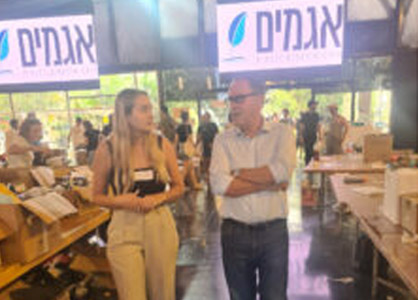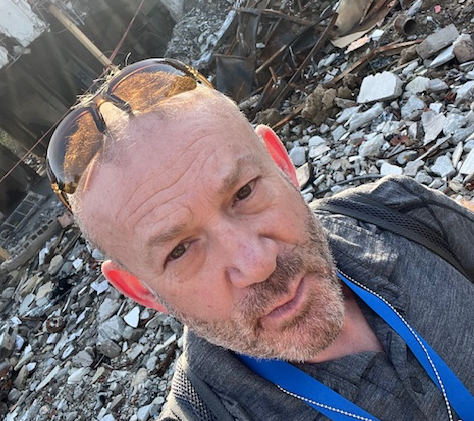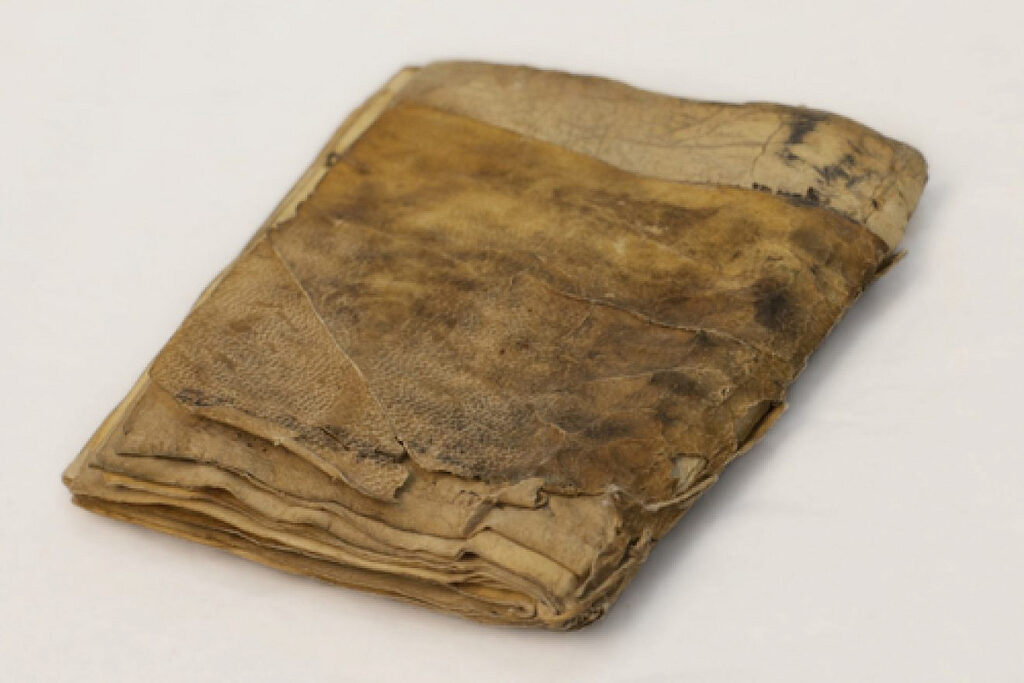
Study of Israeli Palestinian Citizens and West Bank Arabs Reveals Differences in Historical Narratives
Study of Israeli Palestinian Citizens and West Bank Arabs Reveals Differences in Historical Narratives
September 19, 2012
BEER-SHEVA, ISRAEL, September 19, 2012 – A new study conducted by Ben-Gurion University of the Negev researchers, encompassing more than 2,000 Israeli Palestinian citizens and those living in the West Bank, reveals how each group views the other and how sympathetic they are to each other’s narratives.
According to the BGU researchers, Israeli Palestinian citizens are more likely to embrace their own historical narrative and retain some distance from the West Bank Palestinians; although, the dominant strategy is to strengthen connections and reduce the differences between the groups by stressing commonalities and binds between them.
“The two societies have evolved in different ways since their separation 64 years ago, yet little research has been done in examining the differences between those narratives and relations between the two groups,” said Prof. Shifra Sagy, director of BGU’s Conflict Management and Resolution Program and chair of the Martin-Springer Center for the Study of Conflict Management and Negotiation. Sagy and her team interviewed 1,104 Israeli Palestinians and 948 West Bank Palestinians ages 18 and older.
Sagy and her team discovered that there was relatively low acceptance of the “other’s” narrative, particularly among Israeli Arabs. There were also high levels of anger and less empathy toward the West Bank Arabs and vice versa.
Israeli Palestinians were more likely than West Bank Arabs to stick to their own narratives, were less willing to create certain connections with West Bank Arabs through marriage, and were less likely to blame Israel for separating the two groups, according to the study.
“It is possible that the Israeli Palestinians’ status as a small minority, at times threatened, both within Israeli society and the Arab world, has strengthened their group cohesion and their need to protect their unique collective narrative.” Sagy explains.
“Despite feeling that their common connection and identity with the West Bank Arabs is very important, that connection could come at a heavy price, by bringing into doubt their connection to Israeli society.”
The survey was conducted as part of a joint project between Israelis, Palestinians and Germans funded by DFG, a German research foundation.
ABOUT AMERICANS FOR BEN-GURION UNIVERSITY
By supporting a world-class academic institution that not only nurtures the Negev, but also shares its expertise locally and globally, Americans for Ben-Gurion University engages a community of Americans who are committed to improving the world. David Ben-Gurion envisioned that Israel’s future would be forged in the Negev. The cutting-edge research carried out at Ben-Gurion University drives that vision by sustaining a desert Silicon Valley, with the “Stanford of the Negev” at its center. The Americans for Ben-Gurion University movement supports a 21st century unifying vision for Israel by rallying around BGU’s remarkable work and role as an apolitical beacon of light in the Negev desert.
About Ben-Gurion University of the Negev
Ben-Gurion University of the Negev embraces the endless potential we have as individuals and as a commonality to adapt and to thrive in changing environments. Inspired by our location in the desert, we aim to discover, to create, and to develop solutions to dynamic challenges, to pose questions that have yet to be asked, and to push beyond the boundaries of the commonly accepted and possible.
We are proud to be a central force for inclusion, diversity and innovation in Israel, and we strive to extend the Negev’s potential and our entrepreneurial spirit throughout the world. For example, the multi-disciplinary School for Sustainability and Climate Change at BGU leverages over 50 years of expertise on living and thriving in the desert into scalable solutions for people everywhere.
BGU at a glance:
20,000 students | 800 senior faculty | 3 campuses | 6 faculties: humanities & social sciences, health sciences, engineering sciences, natural sciences, business & management, and desert research.
For all press inquiries, please contact:
James Fattal, J Cubed Communications
516.289.1496



